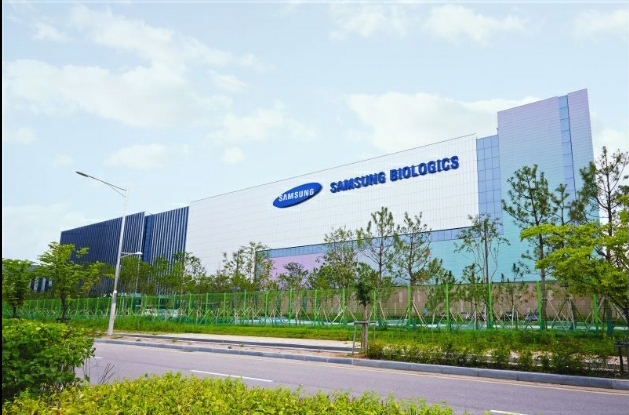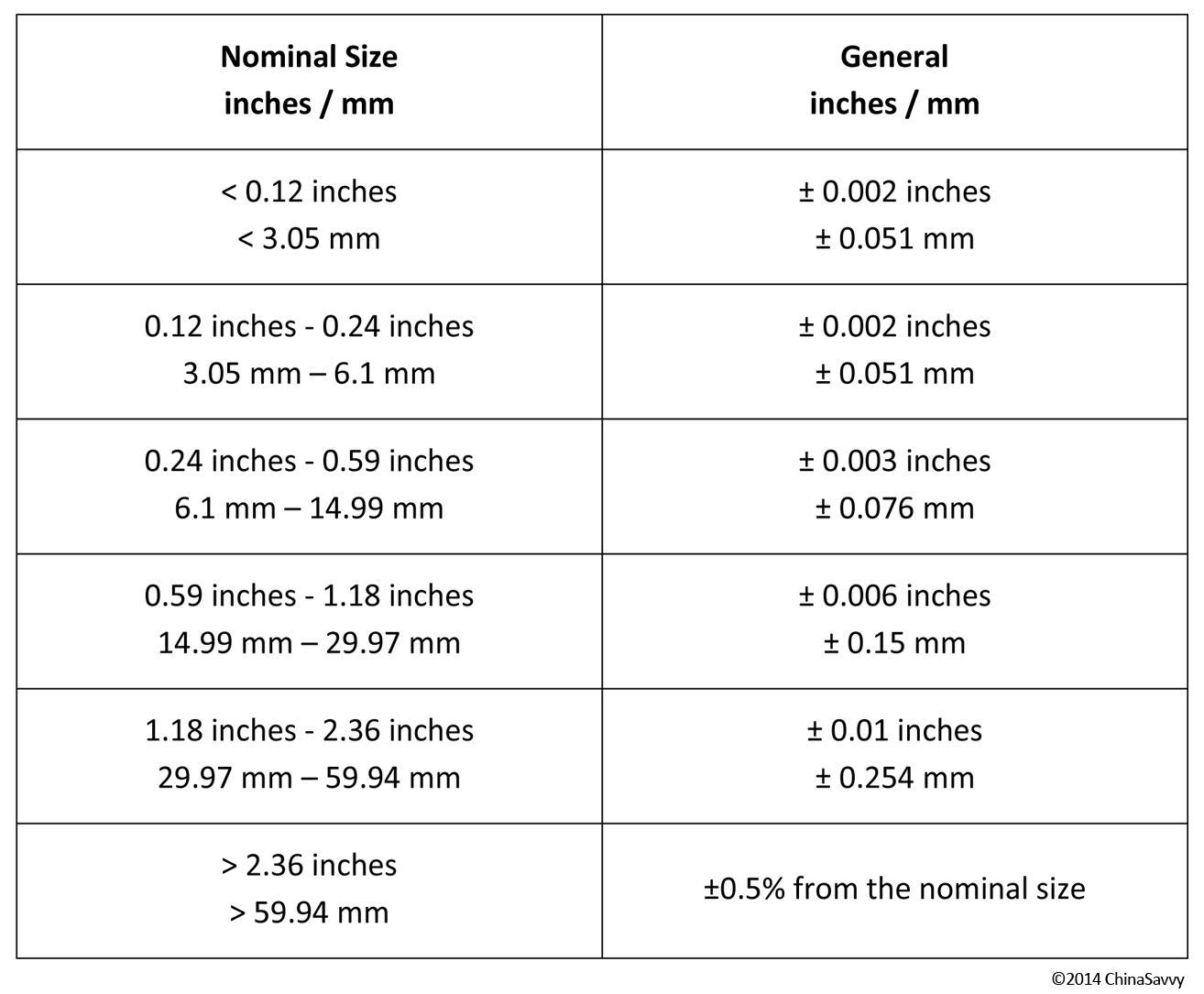The world of biopharma manufacturing has had to speed up technological advancements since the COVID-19 pandemic. Medical research and pharmaceutical companies had to meet the demands of patients suffering from the contagious virus. Contract development and manufacturing organizations (CDMOs) also had to keep up with the need to stay on the cutting edge to assist these researchers and companies in their plunge into such medical treatments such as mRNA vaccines and therapy treatments.
Samsung Biologics, a leading CDMO, has implemented efficient strategies and scientific methods to their processes. Samsung Biologics has also introduced many new platforms and processes as a part of their expansion over the last two years. With the ongoing construction of Plant 4, the company plans on growing to develop a global presence among pharmaceutical companies.
These investments into technology and new methodologies paid off. In the third quarter of 2021, the company’s sales grew by a whopping 64 percent, hitting 450.7 billion won. This money was generated by the fact that all three of the active plants were operating at a near-full capacity. For the second year running, the company’s operating profit soared by an incredible 196 percent to reach a whopping $168.4 billion. With a net profit of 131.8 billion won, the company saw a huge increase of over half. Third-quarter operating margins were boosted by the quick turnaround of COVID-19 treatments as well as increased overall utilization.
Biotherapeutic Development at Samsung Biologics
Samsung Biologics has made an effort to gather the best scientists and thought leaders to help them develop and implement new and improved technologies and methodologies. Lead scientist Eliza Lee explained in a piece for the Manufacturing Chemist the proper way to perform an analysis of advanced biotherapeutic molecules.
“Best practice for researchers during early phase development is to begin assessments with an enzyme-linked immunosorbent assay (ELISA) to determine the binding potency of their biological molecule,” she wrote. Analyses determine antibody or antigen interactions. They immobilize a target macromolecule which is then linked to a reporter enzyme. By observing that reporter enzyme, an investigational new drug (IND) filing timeline can be accelerated, a process that Samsung Biologics wishes to expedite for its many partners.
As a result of this need, the company put in place a new platform to do just that. “We are very pleased to showcase our innovative CDO service platform, S-CellerateTM, at BPI 2021,” said John Rim, CEO of Samsung Biologics. “By leveraging this proprietary drug development platform, our teams of experts will jointly provide seamless one-stop services to our clients, offering enhanced solutions that can help reduce both cost and time, catering to their specific needs.”
Those who are unfamiliar with CDMOs may find S-Cellerate™ puzzling. Speeding up development and commercialization of monoclonal antibodies with S-Cellerate™, a service platform launched at BioProcess International Conference, a product may go faster through the Biologics License Applications (BLA) stage with the help of S-Cellerate and an accelerated CDO timetable for an IND application and a commercialization plan.
If a pharmaceutical or therapy is to be carried in the United States, it must first have an FDA-approved marketing application. Sponsors must first get waivers before they may ship their pharmaceuticals to clinical researchers throughout the nation. The IND is an official waiver.
Adding Facilities to Process and Manufacture mRNA Vaccines
After pharmaceutical companies harnessed the power of mRNA to innoculate people against COVID-19, CDMOs like Samsung Biologics added more mRNA facilities to their existing plants as well as Plant 4, currently under construction, to meet the global demand for mRNA services. Partnerships with Moderna and GreenLight Bioscience showed how crucial preparation was for these companies.
Full-cycle mRNA vaccine production services from bulk medicinal ingredient through aseptic fill/finish, including labeling and packaging, as well as cold chain storage, will be offered by the CDMO by the first half of 2022. “We recently announced plans to add an mRNA drug substance suite to our site by the first half of 2022 to diversify our service offerings. We see great potential for mRNA technology to address a broader range of diseases, beyond COVID-19,” said Executive Vice President, Chief Information and Marketing Officer, and Head of Investor Relations James Choi in an interview.
CDMOs begin with in-vitro transcription in order to manufacture mRNA vaccines, which takes linearized pDNA and synthesizes mRNA in the reactor. After that, chromatography and ultrafiltration or diafiltration are used to clean up the mRNA in order to get it ready for synthesis.
Finally, precise pump mixing technology is used to ensure that the mRNA is incorporated into Lipid Nanoparticles (LNP) so that it may be delivered to cells within the body.








19 Comments